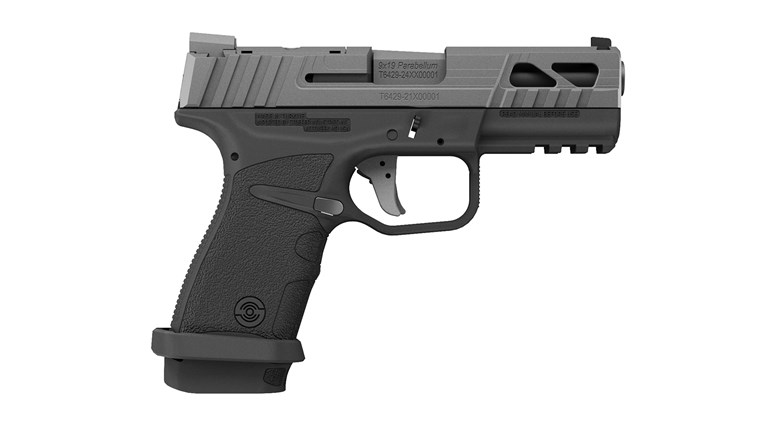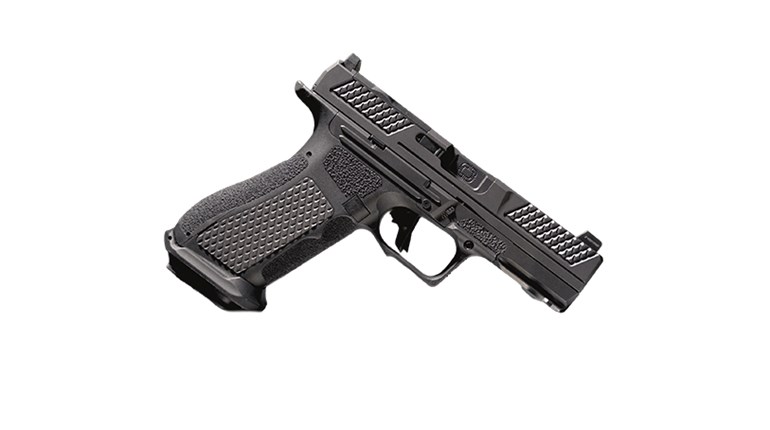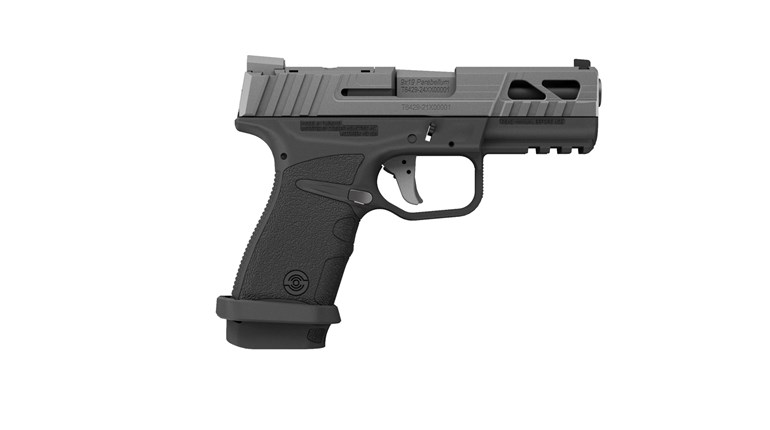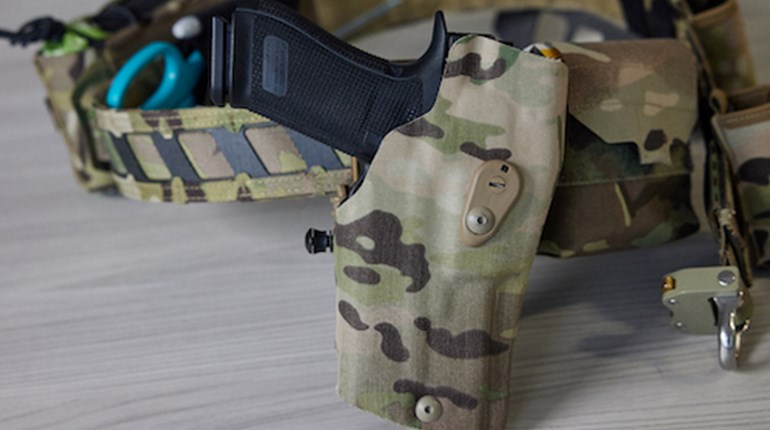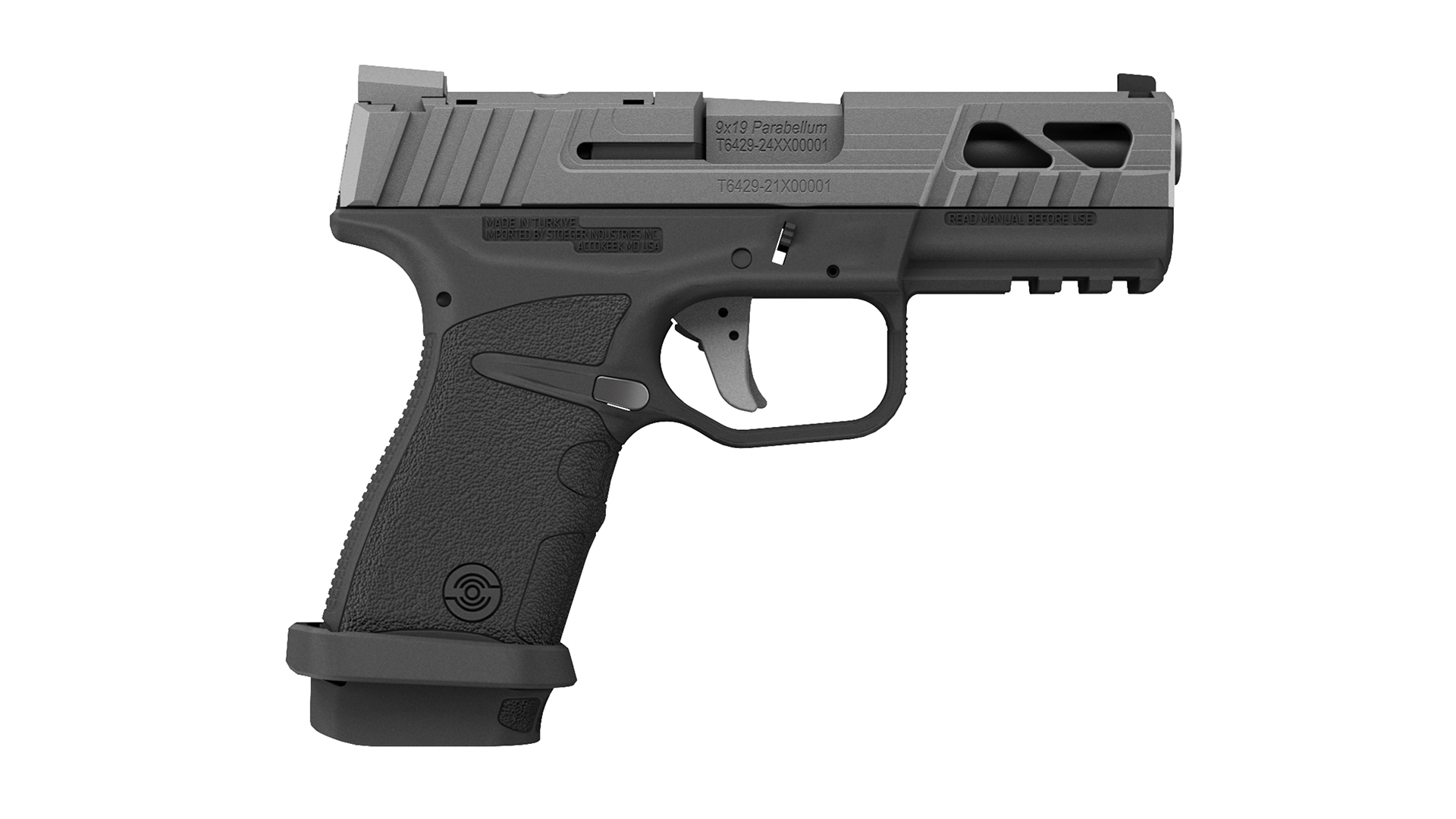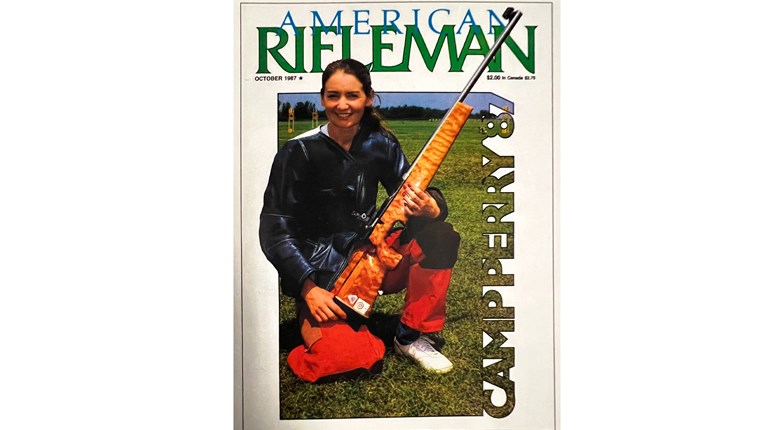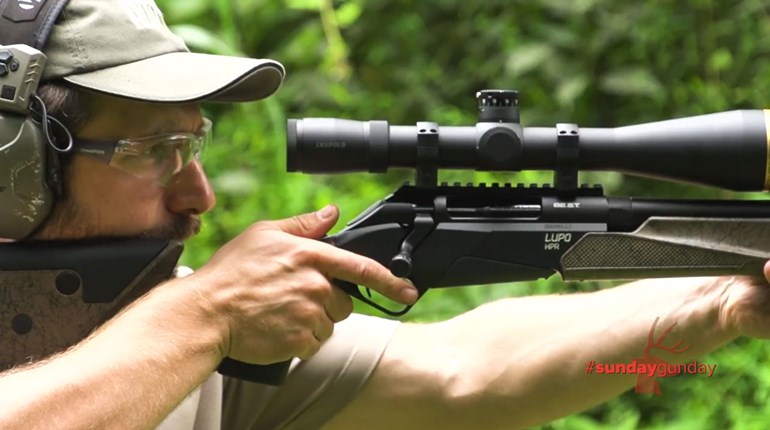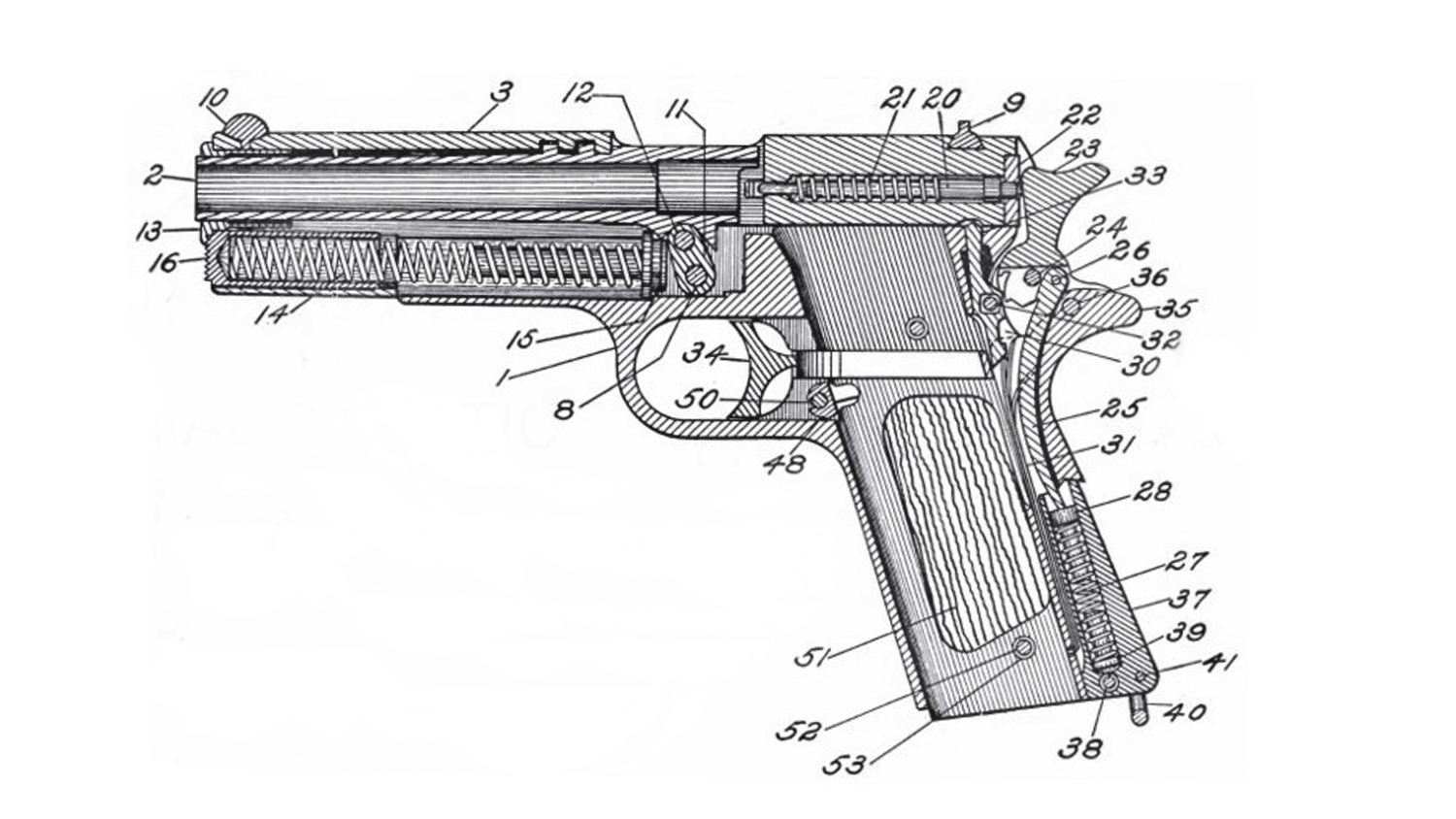
The potential release of military surplus M1911/M1911A1 pistols to the Civilian Marksmanship Program (CMP) made a giant leap forward this week with the change of a single word in the National Defense Authorization Act of 2018. Replacing the word “may” with the word “shall” has made the Army’s release of the surplus pistols mandatory, rather than optional.
“Releasing the pistols would be great for our program,” said CMP Chief Operating Officer Mark Johnson. “The Senate version of the bill is not the same as the House version and as of now there’s no change [in release status], so we’re maintaining our ‘wait and see’ attitude.”
Authorized, not required
The National Defense Authorization Act of 2016 (NDAA2016) first addressed the release of milsurp M1911/M1911A1s when it authorized the Secretary of the Army to dispose of the pistols, which began moving into military surplus status with the adoption of the Beretta M9 9 mm pistol in 1985, by transferring them to the Corporation for the Promotion of Rifle Practice and Firearms Safety (predecessor to CMP). NDAA2016 did not require that disposition to CMP, only permitted it, beginning with a pilot program wherein the Secretary would release 10,000 pistols the first year.
CMP, a non-profit organization operating under a government charter since 1996, would sell the pistols to eligible citizens in the same manner that it sells milsurp M1 Garand rifles received from the government when Congress transferred responsibility for civilian marksmanship training from the U.S. Army’s Director of Civilian Marksmanship (DCM) to CMP. Sales of milsurp rifles has been a significant source of revenue for CMP, as would the sales of the surplus M1911/M1911A1 pistols.
The Secretary of the Army has not released any surplus pistols since the passage of NDAA2016. “We think the reason is that the present Secretary is only Acting Secretary,” Johnson said, “and they’re probably waiting for a permanent Secretary before making that decision.”
On July 18, 2017 the National Defense Authorization Act of 2018 (NDAA2018) passed out of the House and moved to the Senate; where it received two readings. The Senate placed the Act on their legislative calendar under “General Orders,” and the Senate will debate the finer points in the bill―including the possible mandatory release of the pistols. NDAA2018 amends the NDAA2016 section on releasing the pistols by striking the word “may” and inserting “shall.” It also drops the 10,000-pistol pilot program, which included a requirement that the Secretary submit to Congress within 90 days of the first transfer an interim report that includes the number of pistols transferred and “information on any crimes committed using firearms transferred under the pilot program.”
While the change is significant in ordering the Secretary of the Army to release the milsurp pistols, rather than simply giving him the option, NDAA2018 does not set a “not later than” date to begin that release. The lack of a deadline appears to leave room for more delay, and NDAA2018 also does not earmark any specific funding for the release, which will require the Army to devote time, personnel and expense in releasing the milsurp pistols.
No deliberate delay
Johnson said he believes the Army has not deliberately delayed transferring the surplus pistols as a matter of policy. “We have a representative in the Army, we’re in constant contact with them and they have been working with us since NDAA2016,” Johnson said. “We’ve been working on the physical security measures the Army requires to transfer and store the pistols, and on our MOU [memorandum of understanding] with the Army on how many pistols we may sell annually to qualified purchasers.”
Eligibility requirements to purchase a surplus M1911/M1911A1 from CMP will be essentially the same as it has been for purchasing milsurp rifles―the buyer must be a U.S. citizen and a member of a CMP-affiliated club; must demonstrate active participation in marksmanship activity; and must pass an FBI/NICCS criminal background check.
“What we will do differently with the pistols is that we will not send them to the buyer’s home,” Johnson said. “Instead, we will ship the pistol to an FFL (Federal Firearms Licensed dealer). There, the buyer must fill out the federal Form 4473 with the dealer and submit to a second FBI background check.”
President Donald Trump appointed Robert M. Speer as Acting Secretary of the Army on January 20, 2017; he will serve in that capacity until the Senate confirms a new Secretary. The transfer of the surplus M1911/M1911A1 pistols may have to wait until after that confirmation―assuming the Senate also passes the present version of Section 1064 of NDAA2018. Though officially declaring a “wait and see” attitude, CMP is clearly optimistic―and prepared, according to Johnson.
“We’re ready to receive the pistols,” he said.













